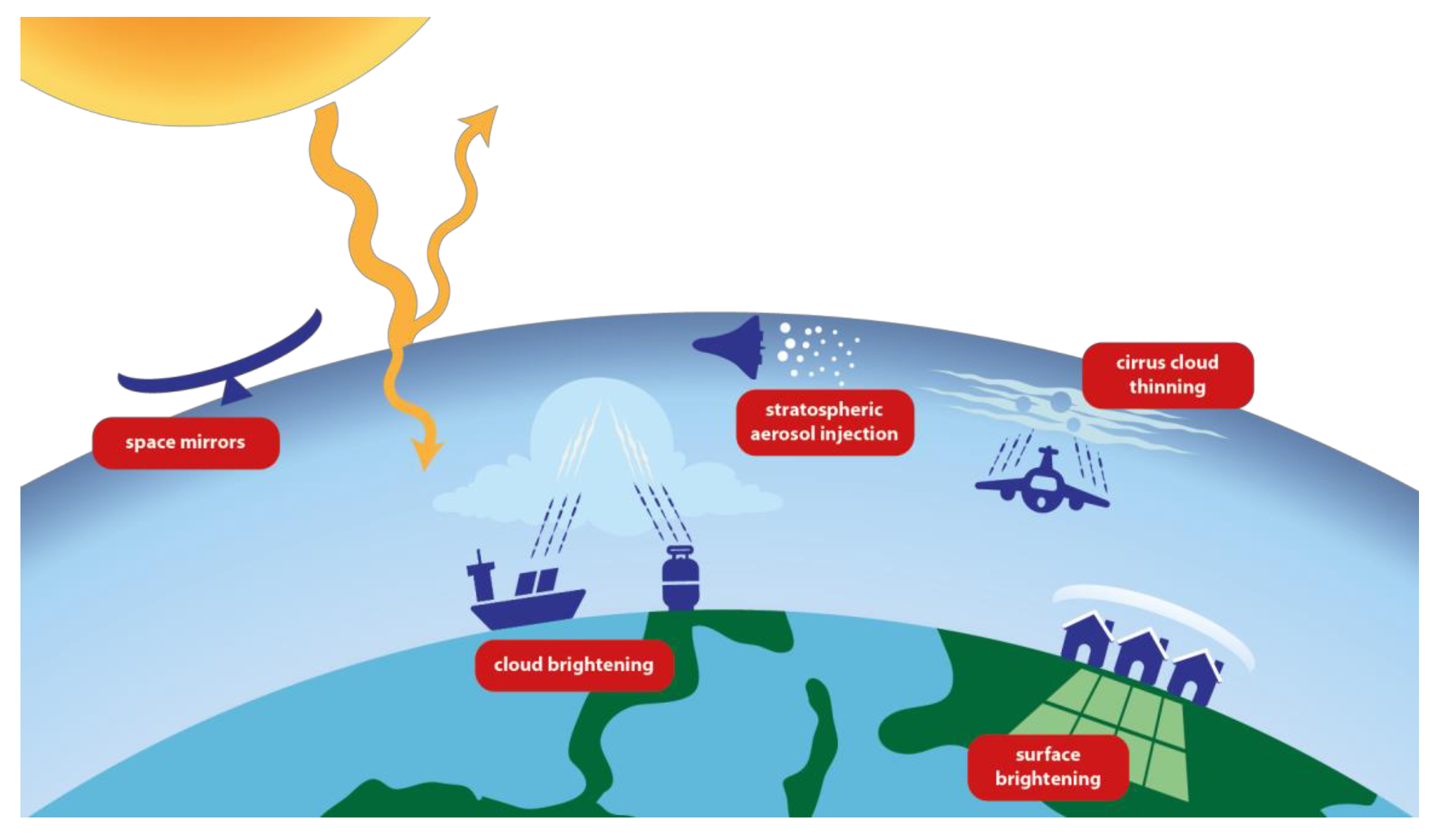Solar radiation modification technologies cannot fully address climate change, new evidence review suggests
The term Solar Radiation Modification (SRM) refers to technologies that have been proposed to reduce or counteract global warming by reflecting sunlight away from the Earth. These approaches include stratospheric aerosol injection, cloud brightening, and others. Climate modelling suggests that some of these technologies might have the potential to prevent further global warming and reduce some of its effects.

Bennett Institute’s Benjamin Sovacool co-chaired the recent in-depth Evidence Review Report on SRM by the Science Advice for Policy by European Academies (SAPEA) consortium. Providing advice to the European Commission, the Group of Chief Scientific Advisors (GSCA) (alongside the European Group on Ethics, EGE) concluded that none of the technologies are yet mature, and their deployment could have many negative effects. “The technologies are not ready, and in any case, they are no substitute for emissions reductions”.
Based on the evidence:
The Group of Chief Scientific Advisors and the European Group on Ethics made the following recommendations to the European Commission:
- Continue to focus on reducing greenhouse gas emissions and adapting to climate change as the highest priorities.
- Announce a Europe-wide moratorium on using solar radiation modification technologies.
- Negotiate a global governance system for future decisions about deploying solar radiation modification technologies, ensuring it is aligned with fundamental rights and values. Given the current state of knowledge, the EU’s position in global negotiations should be to not deploy the technologies.
- Hold broad and inclusive public deliberations about fighting climate change, allowing citizens to learn about and debate a range of approaches.
- Ensure that research into solar radiation technologies is rigorous, ethical and explicit about uncertainties – and includes critical reflection on the full range of direct and indirect effects, governance and justice issues.
- Reassess the evidence on risks and potential opportunities every five to ten years.
For further information
For further information, background and the evidence reports please visit the European Commission website




